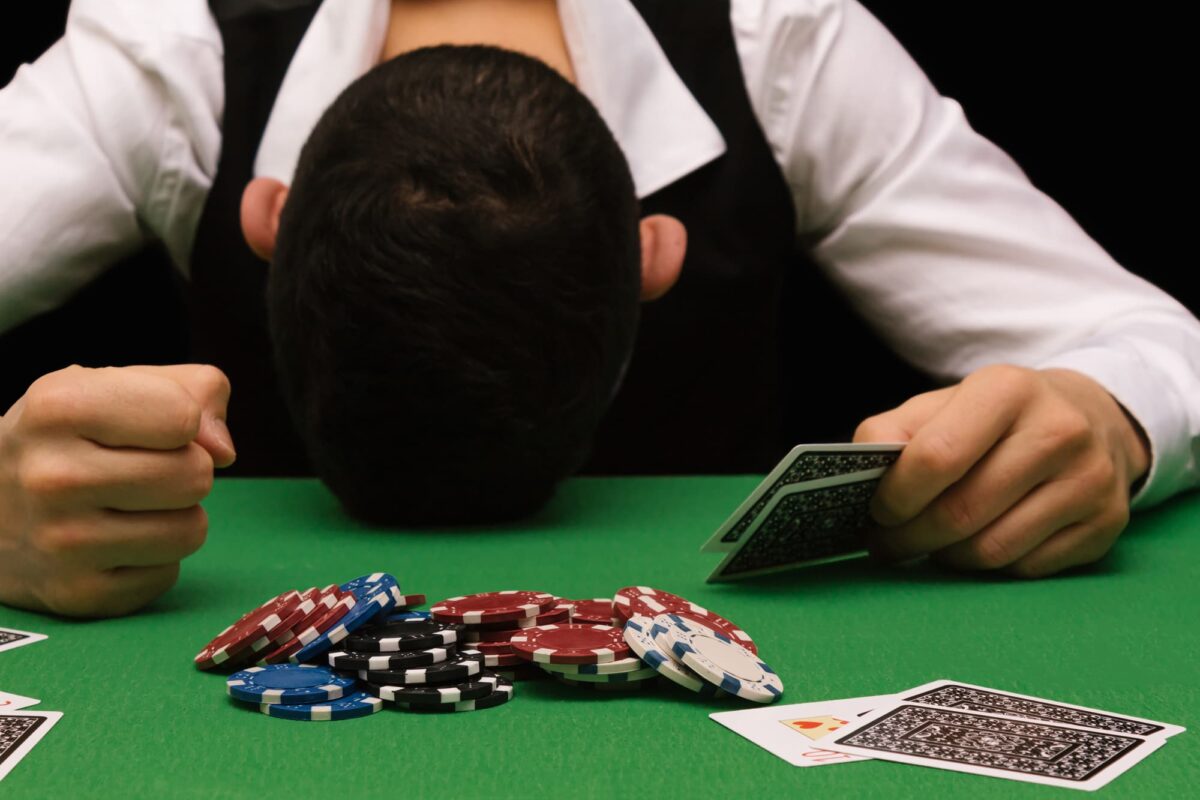In the world of poker tournaments, the term “blow up” carries a significant meaning. It refers to a situation where a player rapidly and unexpectedly loses a substantial portion of their chip stack, often due to a combination of unfortunate circumstances and ill-advised decisions. For beginner players, experiencing a blow up can be a devastating setback, potentially leading to an early elimination from the tournament. In this article, we’ll explore what a blow up is, provide famous examples, and offer strategies to help you avoid these costly situations.
What is a Blow Up?
A blow up in a poker tournament occurs when a player’s chip stack is severely depleted in a short period of time, often through a series of marginal decisions or a single disastrous hand. This rapid loss of chips can be the result of various factors, such as playing too many hands, failing to recognize opponents’ strengths, or succumbing to tilt after an unlucky beat.
Famous Examples
The annals of poker history are filled with examples of players experiencing devastating blow ups. Don’t think that blowing up is exclusively for beginners. The phrase blow up is synonymous with Mike Matusow but Phil Hellmuth has his share of blow ups too. Check out some videos below, they’re pretty entertaining!
Avoiding Blow Ups
While blow ups can sometimes feel unavoidable due to the emotion involved, there are several strategies beginner players can employ to minimize the risk of experiencing a catastrophic chip stack depletion:
Seek Coaching
Working with an experienced poker coach can provide valuable insights into managing your emotions and handling pressure. These aspects to the game that are vital when trying to conquer the dog eat dog environment of tournament poker. Investing in this element of your game may be necessary if you’ve been blowing up frequently.
Embrace Patience
In poker tournaments, patience is a virtue. Avoid the temptation to force action or chase marginal draws, as these decisions can rapidly erode your chip stack. In a format that rewards survival, mastering patience is essential.
Recognize Tilt
Tilt, or the emotional state of frustration and poor decision-making, can be a primary contributor to blow ups. Learn to recognize the signs of tilt and implement strategies to regain your composure, such as taking a break or engaging in relaxation techniques. I’ve highlighted the value of self-talk before as it can mitigate chances of a blow up.
They Kill your ROI
Experiencing a blow up can have a devastating impact on a player’s tournament performance and overall results. Losing a bunch of chips not only diminishes a player’s chances of progressing further in the tournament but can also lead to increased emotional distress and poor decision-making, potentially exacerbating the situation and causing an earlier exit.
Triggers for Blow Ups
Blow ups can be triggered by a variety of factors, such as an unlucky bad beat, misreading an opponent, or succumbing to the pressure of a high-stakes situation. However, it’s essential to recognize that while these triggers are inherent to the game, a player’s ability to manage their emotions and make sound decisions ultimately determines whether a blow up occurs.
In conclusion, avoiding blow ups is a critical skill for beginner poker players aiming to succeed in tournaments. By implementing strategies such as seeking coaching, embracing patience, and recognizing tilt, you can minimize the risk of giving chips away through blowing up.



